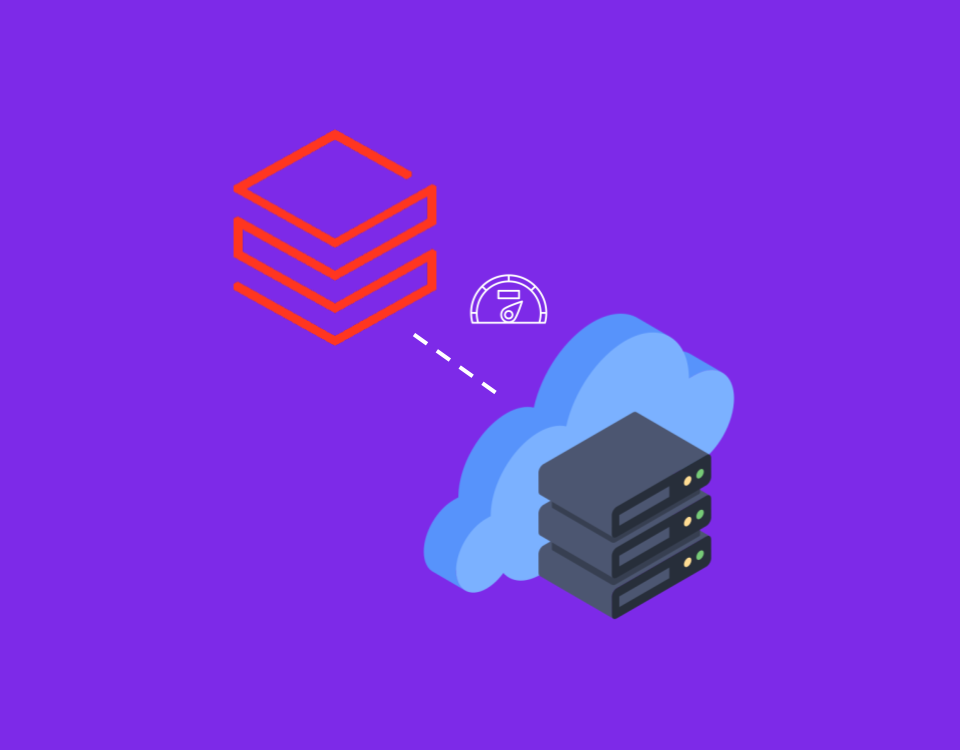Insights from the Cloudaeon Webinar
We all know how rapidly the world of data engineering and analytics is evolving, which generates a higher demand for faster and more efficient ways to process and utilise data than ever.
Gartner's research reveals a fascinating trend: 97% of an organisation's data has emerged in just the past two years, highlighting the rapid expansion of data creation.
Addressing this need, Cloudaeon recently orchestrated a webinar featuring luminary voices from Databricks, Prophecy, and Cloudaeon, discussing the transformative potential of low code platforms in the realm of data engineering.
The session offered a deep dive into how these platforms can significantly reduce the time and complexity associated with data transformation and analytics.
Unpacking the Value of Low Code in Data Transformation
During the webinar, panellists delved into the essence of low code as a revolutionary approach to programming. Matt highlighted, "Low code is a streamlined approach to programming, enabling the construction and orchestration of data workflows via a graphical interface, bypassing the need for traditional coding.
By employing a drag-and-drop methodology, users can effortlessly design intricate processes, encompassing both parallel pipelines and sequential tasks, without the labour-intensive task of writing code line by line."
Contrary to apprehensions about low code platforms rendering traditional jobs obsolete, Amol and Sachin provided a reassuring perspective. Amol emphasised low code technology as a catalyst for progress, not a peril to employment.
"Low code technology," Amol stated, "is a boon, propelling businesses forward by offering quicker returns on investment through task simplification. It empowers businesses to remain at the competitive forefront by adopting time-saving solutions that align with evolving business objectives."
Sachin, from Databricks, underscored the democratising potential of low code platforms, making data and AI universally accessible across various roles within an organisation, thus broadening the scope for innovation and efficiency.
Navigating Through Challenges
The webinar pinpointed several challenges facing today's data transformation landscape:
The top tier, which prioritizes analytics and intelligence, often struggles with accessing the right data for decision-making.
- Achieving Speed and Standardisation: Transitioning from data warehouses to lakehouses necessitates a fresh approach to data transformation. A tool like Databricks is pivotal in this evolution.
- Efficient Data Management: The adoption of a medallion architecture is crucial for managing data across various layers—raw, curated, and business-ready. Prophecy's low code interfaces for Spark and SQL pipelines offer a solution by enabling data standardisation and utilisation.
- Enhancing Business Value and Accelerating Market Time: Lastly, there is a pressing need to enhance business value by optimising costs, improving skill levels among diverse roles, and accelerating time to market in data processing and analytics.
The integrated solution offered by Cloudaeon, Prophecy, and Databricks addresses these challenges by focusing on “BEST”:
- Business Value: Enhancing customer experiences and uncovering new revenue opportunities.
- Economy: Providing cost-effective data processing with superior price performance through the Spark engine.
- Skill: Making data platform usability democratic across different expertise levels.
- Time to Market: Significantly reducing project timelines, demonstrating rapid delivery and deployment capabilities.
Key Takeaways
The most striking takeaway is the burgeoning interest in AI among business leaders, with many eyeing AI strategies but stumbling over the ROI visibility hurdle. The integration of Prophecy, Databricks, and Cloudaeon can significantly accelerate data preparation for AI initiatives, shifting the timeline from months to weeks and thereby facilitating quicker, more impactful AI explorations.
The collaborative synergy between these platforms signifies a monumental leap towards optimising data analytics processes. By making these processes more accessible, economical, and efficient, organisations can swiftly meet diverse needs, thereby unlocking new dimensions of business value and innovation.
Conclusion
This webinar has marked a significant milestone in the journey towards efficient, low code data transformation, offering a beacon of hope and direction for businesses navigating the complexities of the modern data landscape.
To learn more and gain hands-on experience, join our live lab. Click here




